A Fresh Chapter in India-Canada Ties
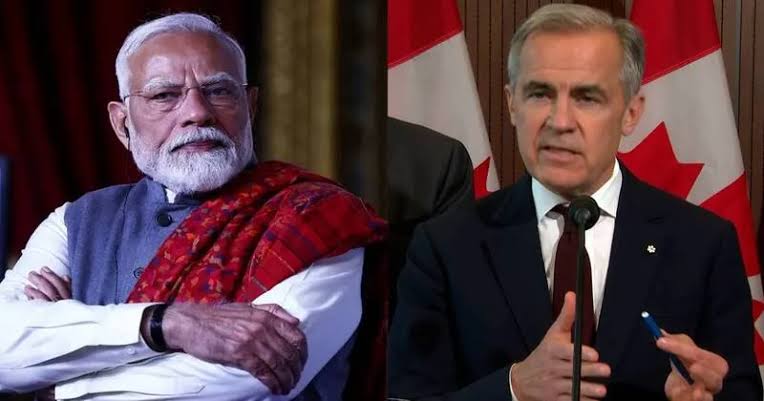
In a major step toward repairing a deeply fractured relationship, Indian Prime Minister Narendra Modi and newly elected Canadian Prime Minister Mark Carney agreed to reset bilateral ties during a meeting on the sidelines of the recent G7 Summit. This diplomatic thaw follows two years of escalating tensions sparked by allegations surrounding the killing of Khalistani separatist Hardeep Singh Nijjar in Canada. The reset reflects not only a shift in political leadership in Ottawa but also a shared understanding that both countries stand to gain from constructive engagement rooted in mutual respect, sovereignty, and cooperation.
India-Canada relations plunged into an unprecedented diplomatic crisis in September 2023, when then-Prime Minister Justin Trudeau accused Indian government agents of involvement in Nijjar’s murder. India rejected the allegation as “absurd and motivated,” triggering a tit-for-tat expulsion of diplomats, suspension of trade talks, and freezing of official engagements. Trust—once the bedrock of this democratic partnership—was in short supply.
The situation has markedly changed with the electoral victory of Mark Carney, a seasoned statesman and former central banker, seen as a pragmatic leader open to resetting foreign policy directions. Trudeau’s exit removed a major obstacle that had come to symbolize a personalized and politicized approach to India, often criticized for lacking diplomatic nuance.
Long before the Modi-Carney meeting, a quiet backchannel dialogue had already begun. Security agencies from both countries engaged discreetly, laying the groundwork for the current diplomatic breakthrough. This technical-level engagement helped defuse immediate tensions, especially those surrounding the safety of Indian diplomats and Canada’s concerns about foreign interference.
Such confidential discussions mirror India’s existing approach with other Western democracies, notably the United States, where complex bilateral issues—like extremist activity or transnational crime—are handled through security and intelligence cooperation rather than public posturing.
The leaders’ meeting resulted in several concrete measures aimed at rebuilding the relationship:
Now Begins a Fresh Chapter
In a major step toward repairing a deeply fractured relationship, Indian Prime Minister Narendra Modi and newly elected Canadian Prime Minister Mark Carney agreed to reset bilateral ties during a meeting on the sidelines of the recent G7 Summit. This diplomatic thaw follows two years of escalating tensions sparked by allegations surrounding the killing of Khalistani separatist Hardeep Singh Nijjar in Canada. The reset reflects not only a shift in political leadership in Ottawa but also a shared understanding that both countries stand to gain from constructive engagement rooted in mutual respect, sovereignty, and cooperation.
India-Canada relations plunged into an unprecedented diplomatic crisis in September 2023, when then-Prime Minister Justin Trudeau accused Indian government agents of involvement in Nijjar’s murder. India rejected the allegation as “absurd and motivated,” triggering a tit-for-tat expulsion of diplomats, suspension of trade talks, and freezing of official engagements. Trust—once the bedrock of this democratic partnership—was in short supply.
The situation has markedly changed with the electoral victory of Mark Carney, a seasoned statesman and former central banker, seen as a pragmatic leader open to resetting foreign policy directions. Trudeau’s exit removed a major obstacle that had come to symbolize a personalized and politicized approach to India, often criticized for lacking diplomatic nuance.
Long before the Modi-Carney meeting, a quiet backchannel dialogue had already begun. Security agencies from both countries engaged discreetly, laying the groundwork for the current diplomatic breakthrough. This technical-level engagement helped defuse immediate tensions, especially those surrounding the safety of Indian diplomats and Canada’s concerns about foreign interference.
Such confidential discussions mirror India’s existing approach with other Western democracies, notably the United States, where complex bilateral issues—like extremist activity or transnational crime—are handled through security and intelligence cooperation rather than public posturing.
The leaders’ meeting resulted in several concrete measures aimed at rebuilding the relationship:
Restoration of Diplomatic Ties
Both sides agreed to appoint new high commissioners, ending a symbolic vacuum that had persisted since the row began.
Resumption of Ministerial Engagements: High-level meetings across multiple domains—trade, education, science and technology, environment, and security—will resume, reactivating the channels of dialogue frozen over the past two years.
Security Cooperation: The two countries will deepen intelligence-sharing and law enforcement cooperation, particularly on issues like the Khalistan movement, threats to diplomats, and transnational criminal networks.
These initiatives represent a holistic approach to normalization, acknowledging that while certain issues may remain sensitive, broader cooperation should not be held hostage to them.
Khalistan Issue: The Root Cause of Fallout
At the core of the recent diplomatic fallout lies the Khalistan issue. India has consistently voiced concern over the activities of pro-Khalistan elements in Canada, particularly those who advocate separatism and glorify violence. For India, these groups are a national security threat, and their activities—especially public rallies and targeted threats—are seen as hostile.
Canada, however, operates within a framework of constitutionally protected freedoms, making it difficult to ban or restrict such activities unless they directly incite violence or violate specific laws. The challenge, therefore, lies in how both nations navigate this disagreement.
Recalibrating the Strategy
India appears to have recalibrate its strategy by addressing the issue through security-level engagement rather than public confrontation. This compartmentalized approach allows sensitive legal proceedings—such as the ongoing trial of four Indian nationals accused in Nijjar’s killing—to proceed without jeopardizing broader diplomatic relations.
Crucially, both sides emphasized their commitment to the principles of sovereignty, territorial integrity, and mutual respect. These foundational values provide a much-needed framework for managing future disagreements and building a resilient partnership.
Trust-building will not be instantaneous. But the clear signals from both Modi and Carney—to move beyond past acrimony and engage constructively—create a rare window of opportunity. With Canada being home to a large and influential Indian diaspora, and India emerging as a global economic and strategic player, the mutual stakes are high.
The reset in India-Canada relations is not merely about restoring diplomatic normalcy; it’s about recognizing the depth and potential of a partnership grounded in shared democratic values and global interests. By focusing on pragmatic cooperation and de-escalating sensitive issues through institutional channels, both countries have taken a decisive step toward a more stable and forward-looking engagement. If handled with continued care, this reboot could transform a recent crisis into the beginning of a new era in India-Canada relations. Both sides agreed to appoint new high commissioners, ending a symbolic vacuum that had persisted since the row began.

 1 month, 1 week ago
1 month, 1 week ago
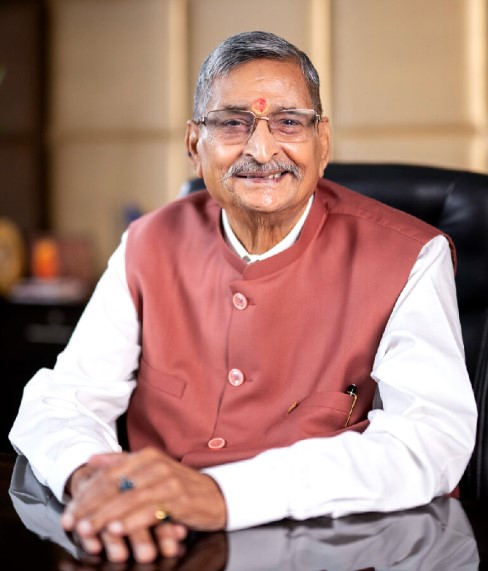
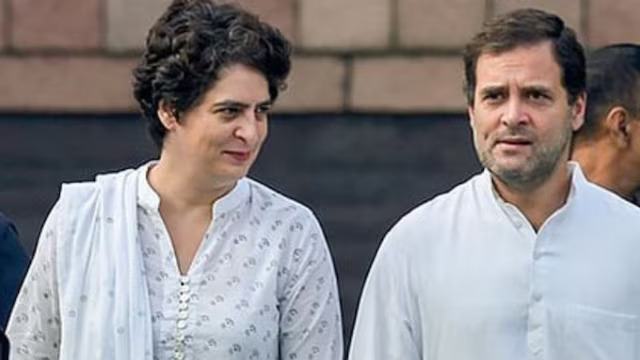
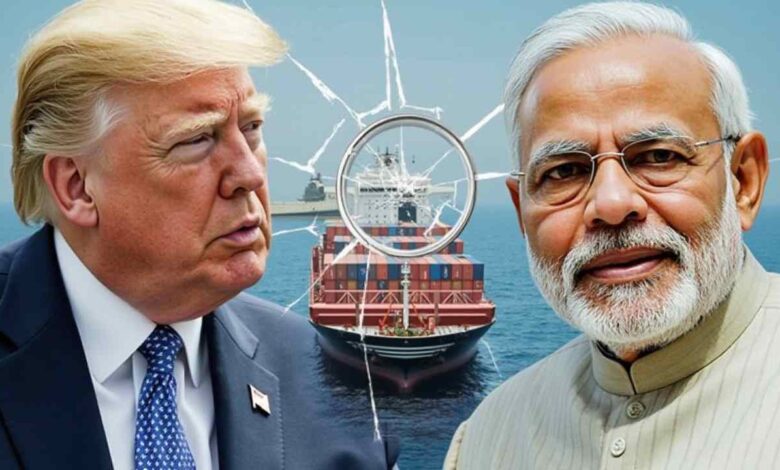
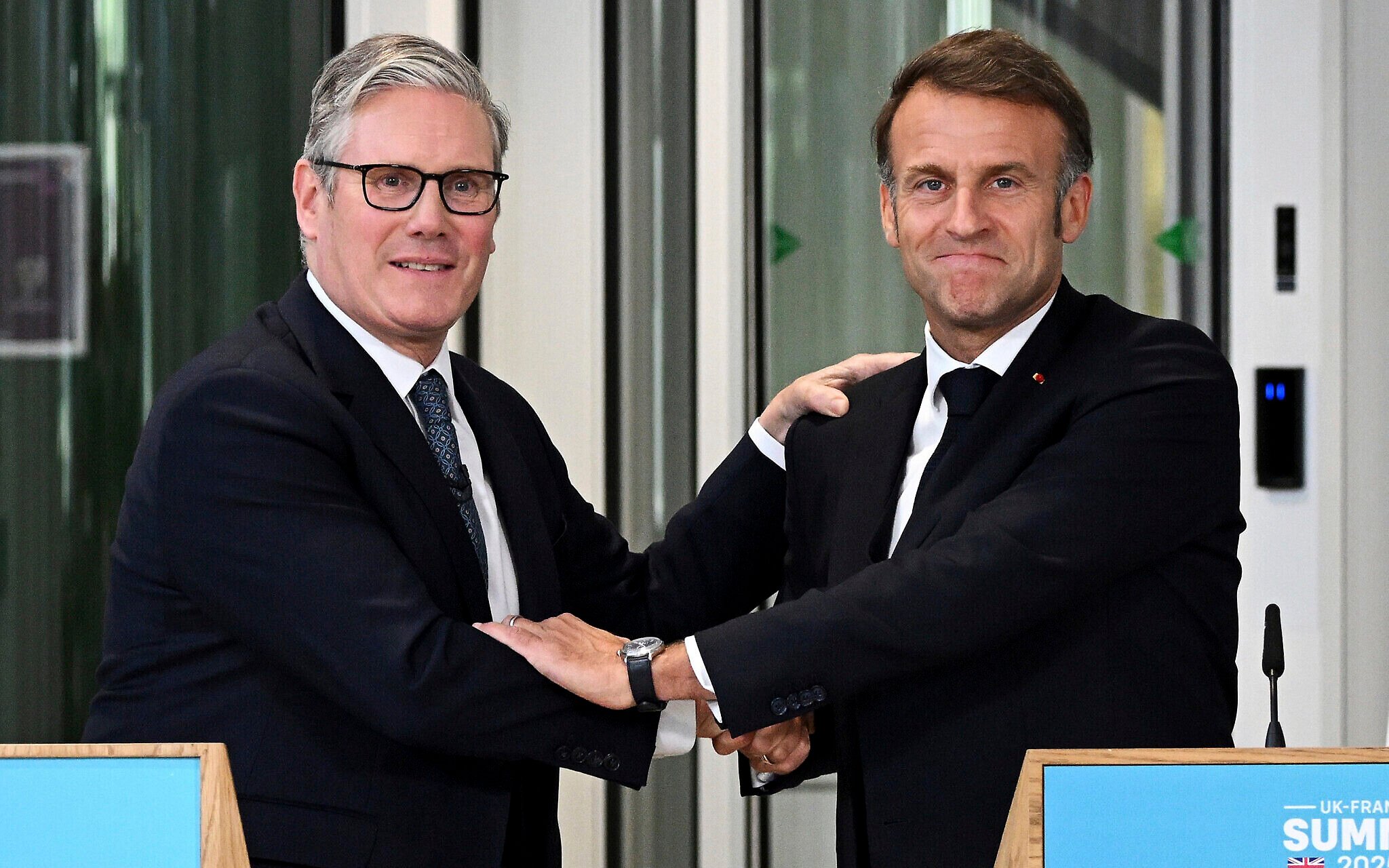



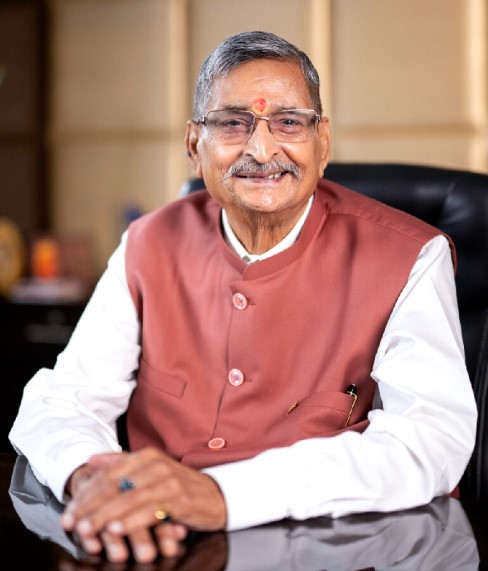
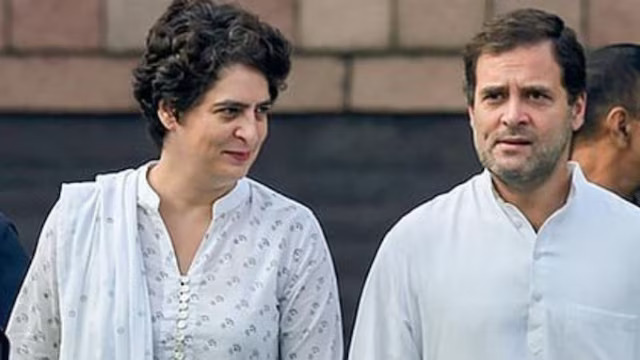

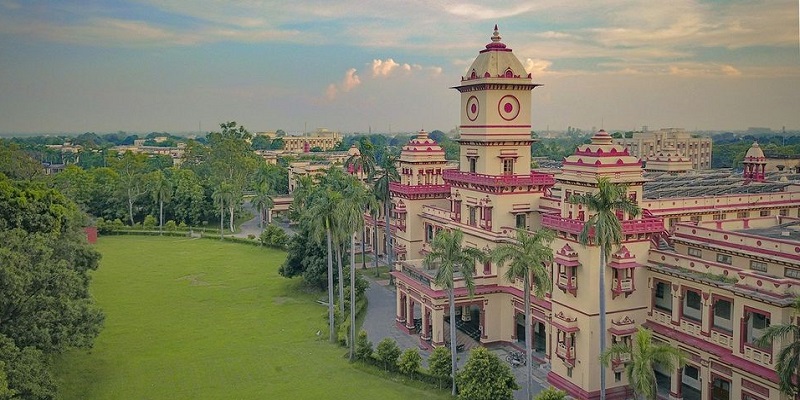
[[comment.comment_text]]